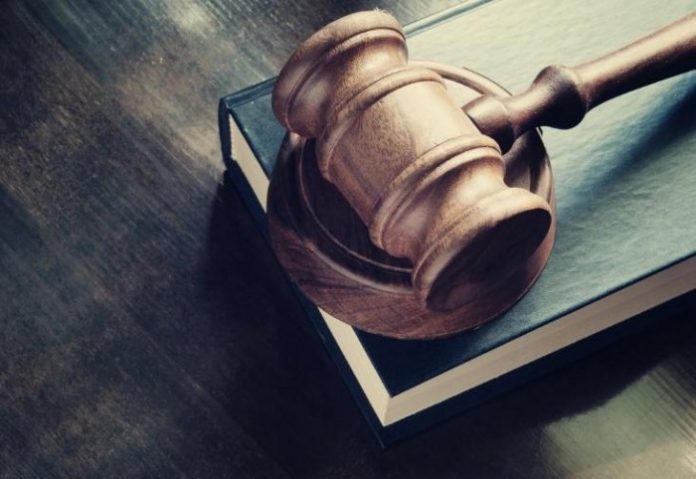It has already been a year since the Blue Ribbon Commission came to the conclusion that Rikers Island, New York, should be closed. Yet, many district attorneys are still divided about whether shutting down the facility is a good idea or not. The Independent Commission on New York City Criminal Justice and Incarceration Reform concluded that over the next ten years, Rikers Island should be closed, and, in the interim, inmates should start to be dispersed to other facilities.
Mayor de Blasio was the one who announced that a deal had been made by the New York City Council to close the George Motchan Detention Center by the end of this summer. The detention center currently houses around 600 inmates and would be the first facility to close as a part of de Blasio’s 10-year plan. For the other facilities to close, de Blasio wants Rikers Island inmate population to fall below 5,000. It’s population currently rests at over 8,000.
The District Attorney’s office has already given over twenty million dollars to help expand programs to get low-level offenders out of jail on release programs. A part of this program includes the creation of smaller, safer jails. There are those who believe that the money spent should have been used for renovating Rikers Island over building new jail spaces elsewhere. They maintain that the money would be better served to increase the rehabilitation services, mental health programs, and vocational training programs that inmates use while behind bars.
Last year the debate revolved around the number of nonviolent offenders sitting in prison when they would be better off in the community. It has been pointed out that many offenders are in Rikers because they are poor and can’t make bail, but when figures were more closely examined, it was revealed that there are very few inmates who are still behind bars due to their inability to make bail. Of the 1700 prisoners from Queens who are currently at Rikers, only about 40 of them actually are there because they can’t pay bail.
In the past year, the population of Rikers has been significantly reduced, with over 800 inmates being dispersed. Many who want to see the doors of Rikers Island closed permanently believe that the reduction does nothing to make the situation at Rikers any better for those that are housed in the facility.
There is also talk that the Queens Detention Complex should be reopened and expanded to house more inmates. The reality is that there is very little support by Queen’s residents to have more jail spaces added to the Boroughs. The vast number of those who live in Queens believe that it is a better idea to fix the conditions on Rikers Island than to spend a fortune building more spaces in the smaller Queens facility.
Rikers has been a contention in the legal circles for years between drug possession attorneys. It has been riddled with accusations of violence, corruption, poor safety conditions and even poorer living conditions for the inmates. The suicide of Kalief Browder in 2015 only heightened the call to transform or close Rikers. Browder was behind bars for over three years without having his day in court. Charged with robbery at the age of sixteen, he sat in prison because he couldn’t make bail. Two years after he was released, he eventually took his own life.
The real argument is whether or not there are countless people being sent to a prison facility because they are impoverished and don’t have the means to pay bail. The conditions at Rikers Island no doubt need attention, but it is likely that the entire justice system in Queens and around New York City in general needs to be better examined in order to find out if there is truly a huge discrepancy in the way that those who have money are treated compared to those who don’t. No inmate should be left sitting behind bars for years and years because they don’t have the means to pay for the bail that was set for them.
Whether or not administrators will pull through and make good on their promise is another debate. For now, the answer to whether or not Rikers Island is really closing will remain unclear.
Find a Home-Based Business to Start-Up >>> Hundreds of Business Listings.

















































